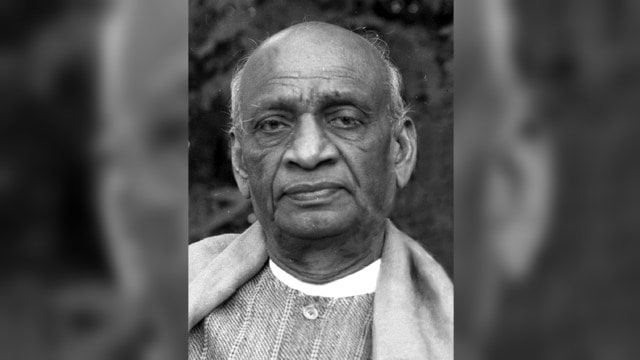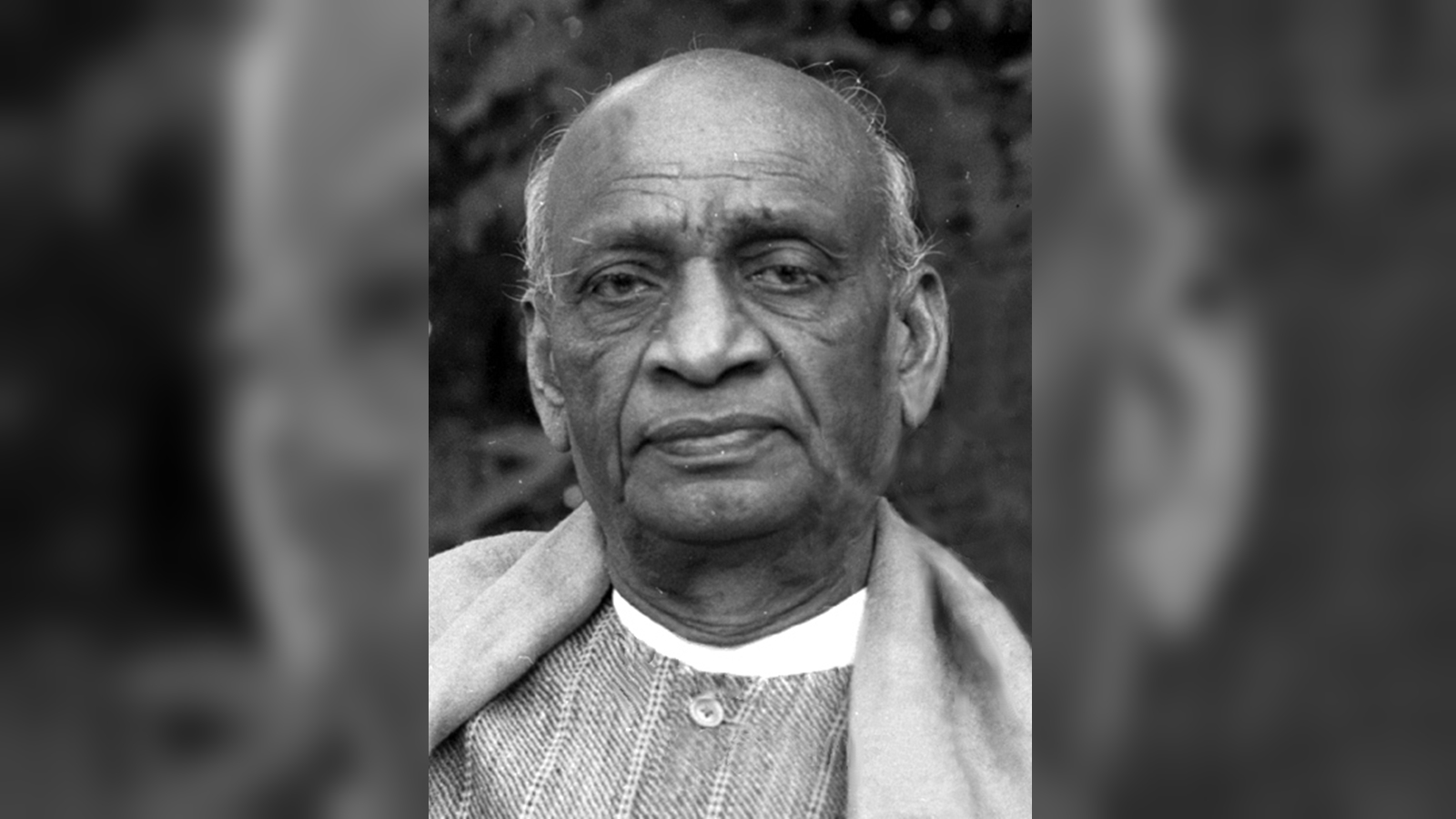
External Affairs Minister S Jaishankar delivered the Sardar Patel Memorial Lecture on Governance on October 5. It received far less media attention than it deserved because of the elections in Haryana and Jammu and Kashmir. Jaishankar raised significant issues concerning Sardar Vallabhbhai Patel’s contribution to the making of modern India as well as the contemporary relevance of his ideas on administration and governance, foreign policy, economic management and choices, and the ideological orientations of the Indian state. All these areas required sober, objective and scholarly treatment. Jaishankar is erudite and capable of unbiased assessments of Patel’s great work in the early years of India’s Independence while avoiding the trap of his party’s determination to project the Sardar favourably while denigrating Jawarharlal Nehru. Sadly, Jaishankar chose not to sidestep the trap.
Jaishankar was right in focusing on Patel’s skills as an administrator and his undoubted nationalism and realism. He correctly highlighted Patel’s great work in integrating India. The British put the poisoned pill of declaring Indian princely states independent in the Indian Independence Act of 1947. That legislation created the dominions of India and Pakistan and transferred power to Indian hands in August 1947, leading to the creation of Pakistan. My grandfather, Kailas Nath Katju, who served as a senior member of Nehru’s Cabinet, notes in an unpublished biography, “Settlement with the Indian Princes was indeed the very first problem which confronted the new Government right from the start, and was settled in a wonderful astute manner by Sardar Patel [who] was definitely the architect of the magnificent structure which we now call Bharat”. This demonstrates that Nehru’s colleagues fully recognised Patel’s enormous contribution to India’s integration.
On Patel’s contribution to India’s governance structures, Jaishankar notes, “It is to the credit of Sardar Patel that he stood up strongly for the continuity of our governance, whether it was our bureaucratic or military institutions and their practices”. Here too grandfather’s biography offers an insight on an issue which is perhaps not widely known. Grandfather strongly felt that the US political system was better suited to Indian conditions. As a member of the Constituent Assembly’s committee on state governments which was chaired by Patel, grandfather proposed that governors should be directly elected through adult franchise. This proposal was accepted in a joint meeting of the Central Government Committee chaired by Nehru and the Provincial Government Committee. Grandfather then proposed that provincial ministers should be responsible to governors instead of the legislature. Patel rejected it outright.
Grandfather writes, “He said during the last 150 years, ever since the beginning of the British Rule in India, we had become wedded to British ways of thought in the political sphere, and we looked upon our own Houses of Legislature as being the counter-parts of the British House of Commons in India, and it was unthinkable to refuse to entrust this power our own Houses of Legislature”. If this was the case then it was pointless for the governor to be directly elected and this is what the Constituent Assembly decided. At a time when national stability was the first priority, Patel’s political instincts and his decision to continue with the colonial origin of civil service and military were also correct. But, as Jaishankar, has speculated on Patel’s views on decisions taken in many spheres after his demise, it would be legitimate to ask: Would he have wished that our present administrative and some aspects of our military structures with their roots in colonialism should continue even now?
Jaishankar has reiterated the Sangh Parivar’s deeply held view that Patel would have handled the J&K issue as well as he did the Hyderabad and Junagadh matters. Certainly, India’s approaching the United Nations on J&K was wrong under any article of the Charter. This writer personally knows that Nehru admitted to Tej Bahadur Sapru, within a few months of going to the UN, that a mistake had been made. However, it is best to leave to historians to debate what were Patel’s views on J&K, at least, in the early months of Independence. Yes, “Patelian” realism should always be a guide in dealing with Pakistan as in handling other foreign and security policy issues. It should have been so in the case of the Indus Waters Treaty too. But the siren song of good relations with Pakistan has lured many Indian Prime Ministers. Indeed, Jaishankar knows this well for he oversaw events, as Foreign Secretary, in the India-Pakistan relations in 2015-2016. It would be therefore legitimate to ask: Were Patel’s lessons on realism pursued by the Modi government during these years in its Pakistan policy?
Patel’s caution on China was also correct. The nation has paid a heavy price for Nehru’s idealism in dealing with China. Even if India did not have the instruments to thwart the Chinese in Tibet, it need not have formally accepted what the Chinese did to Tibet. Jaishankar is also absolutely correct when he emphasises, “the importance of getting the right assessment of the relevant situation. This is a key aspect of governance. Because, if we start with a misdiagnosis, everything else thereafter only takes us in the wrong direction”. It would be useful to get a clarification from Jaishankar on India’s diagnosis of Chinese approaches towards India in the years 2014-2020. Was there a misdiagnosis and, if so, by whom?
Jaishankar is perhaps right that Patel would not have favoured “socialist” socio-economic policies. But as a staunch Gandhian for whom simplicity, in every aspect of life, was an article of faith, was he not entirely comfortable with the egalitarianism propounded in the Constitution’s Directive Principles of State Policy? Would he not have been appalled at the blatant display of wealth by the nation’s uber-rich and growing disparities in India?
The writer is a former diplomat



